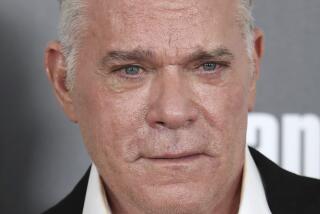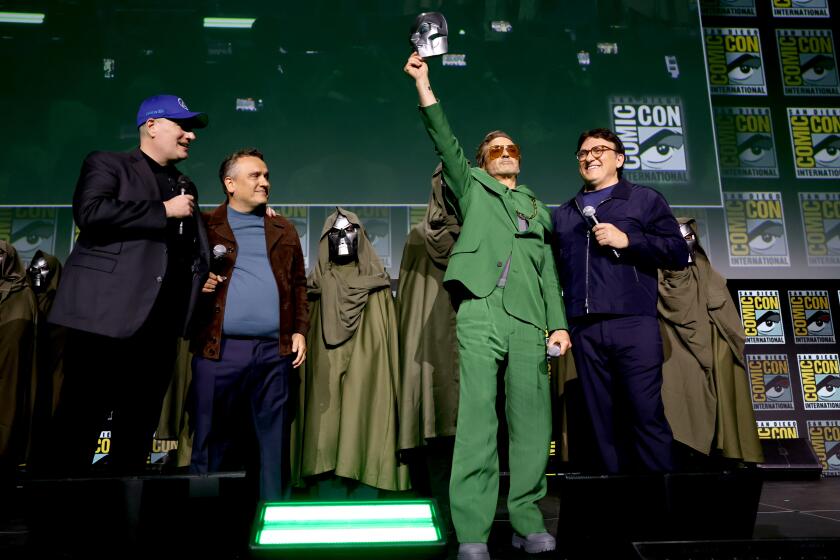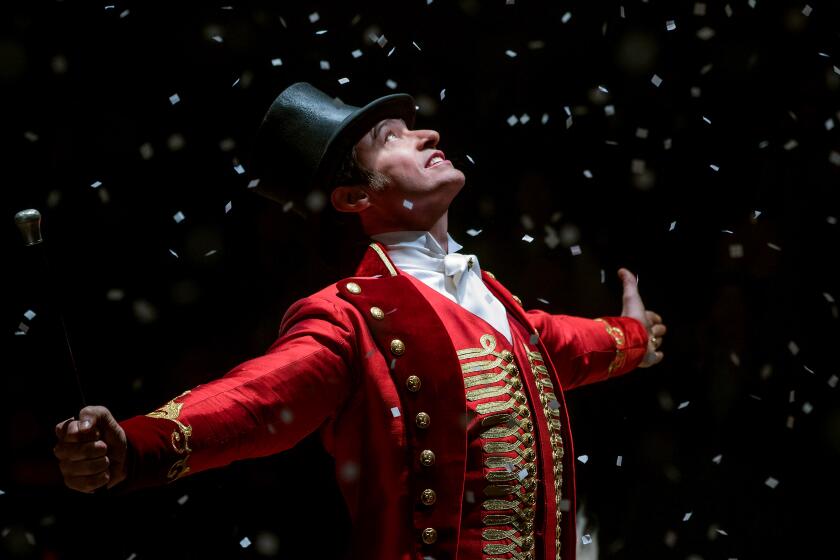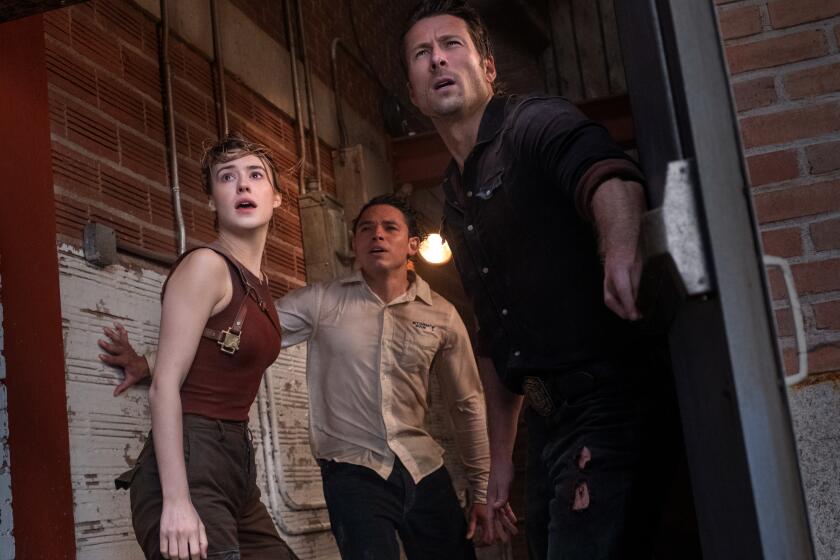‘The Beaver’? Just leave it
There are all kinds of problems with “The Beaver.” Ironically, Mel Gibson isn’t one of them. So for those inclined to set aside the actor’s alcoholic, anti-Semitic rants and his no-contest plea to domestic abuse (and I’m not arguing for that), there is a sensitive performance to be found, with Gibson creating a sad, sobering portrait of depression.
Being sold in ads as a whimsical, poignant family drama from director-actor Jodie Foster, the film is more a torrential downpour of pain. Its story of a family deeply wounded by serious mental-health issues overwhelms a filmmaker who’s too earnest, too lenient with the script from first-time writer Kyle Killen, and too tentative with the actors, a strong ensemble that includes Anton Yelchin, Jennifer Lawrence and Cherry Jones. All those “toos” create an emotional runaway of a film that carries neither the insight nor the uplift to make the weight of its dark journey worth it.
The subject itself has significant dramatic potential in a time when depression is rampant in this country, and Foster is far from the first director to be drawn to it. Within the last nine months alone, we’ve seen both dark and light cuts at the problem, including “Rabbit Hole” with Nicole Kidman and “It’s Kind of a Funny Story” with Zach Galifianakis. In that regard, the story of Walter Black (Gibson) is typical. He is an executive whose business is in decline. He’s married with a family he disappoints daily. Now at midlife, he’s emotionally marooned.
One of the film’s defining images is of Walter floating in his pool on an air mattress, still in work clothes, soaking wet and unable, or unwilling, to move. We soon learn drink and depression have put him there. That drenched sensation clings even when he’s not drinking and merely facing another day, with Gibson’s eyes seeming to leak sadness along with the tears.
Walter may be depressed, but his family is devastated. Foster plays wife Meredith as a woman wrapped so tight by desperation and frustration that a brisk wind might snap her, every word spit through clenched teeth. Young son Henry (Riley Thomas Stewart) is mostly confused, while high school senior Porter (Yelchin) finds his teenage rebellion colored by black fears that he may become his father. It is agonizing to watch Porter using sticky notes to track any tics that mirror his dad’s and banging his head on his bedroom wall whenever he adds to the list.
Family issues clearly tug at Foster -- each of her three directing projects in some way has turned on them, starting with 1991’s “Little Man Tate,” about the complications for a working-class single mom trying to raise a genius child. That is where you find the meat of this film as well, with Walter’s free-fall beginning when Meredith kicks him out.
A liquor-store buying spree, the discovery of a discarded beaver puppet and a failed suicide attempt soon prove life-changing. Still as soon as Walter starts discussing his troubles with the brown, buck-toothed cynic (with a Cockney accent) that now resides on his left hand, it sort of makes sense. For those who might not understand, Walter hands out cards that explain the logic behind the beaver. It’s about distancing as a way of dealing with a problem -- though if the film is any indication, puppet therapy should never be attempted without a doctor’s supervision.
Still, there is a cleverness in the way Killen’s script deals with narrative problems that would otherwise be impossibly sticky. Walter and the beaver coexist as believably as they do because Walter runs a toy company -- so the ever-present puppet can be written off as either marketing gimmick or genius. Playing both man and puppet would be a challenge for any actor, but Gibson pulls it off with aplomb so that we take Walter seriously when we should and laugh at the right bits, like the time spent on the talk-show circuit.
The film takes a few shots at the media -- its obsession with the wacky and weird. But the movie’s other significant concerns are tied to Porter, with Yelchin (“Star Trek,” “Terminator Salvation”) excellent at channeling the particular teenage angst of a smart, troubled kid struggling to figure life out. He’s constantly torn between his father’s craziness and his crush on the very un-cheerleader-y cheerleader played by Lawrence (“Winter’s Bone”), and he makes that push and pull of competing loyalties heartbreakingly palpable.
But something in all the relationships is not quite right, and it’s not the beaver. For all her accomplishments as an actor -- and they are both extensive and Oscar worthy -- Foster continues to struggle as a director, especially when directing herself. She is much better in other hands. Her wife remains so emotionally locked down that even bursts of passion -- a full range of love and anger -- remain strangely unmoving. That disconnect infects the film itself, as if the scenes have been almost randomly strung together and left to flutter, aimlessly, in the wind.
On the Mel question -- Gibson does well by his fallen man trying for redemption, making it especially tempting to draw parallels with the actor’s life. The truth is, both stories -- real and fictional -- are sad reflections of our times in ordinary ways: alcohol, depression, recovery, relapse, repeat. As to redemption, I don’t think “The Beaver” will be nearly enough.
--
--
‘The Beaver’
MPAA rating: PG-13 for mature thematic material, some disturbing content, sexuality and language including a drug reference
Running time: 1 hour,
31 minutes
Playing: At ArcLight, Hollywood: Landmark, West L.A.
More to Read
Only good movies
Get the Indie Focus newsletter, Mark Olsen's weekly guide to the world of cinema.
You may occasionally receive promotional content from the Los Angeles Times.










